Minimal support for Ukrainian refugees in Australia after ‘hellish’ ordeal
Ukrainian refugees have entered Australia after embarking on a ‘hellish’ journey only to find no further support to survive.
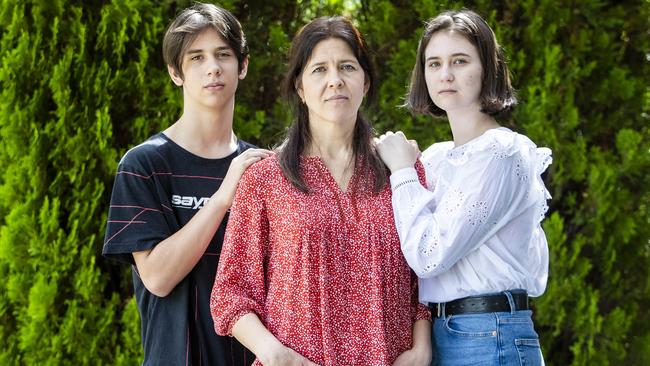
As dawn broke on February 24 over the northeastern Ukraine city of Kharkiv, 19-year-old Dasha Garmash was already packing. Her parents had woken Dasha and her 14-year-old brother Ivan as soon as the news had come through: Russian forces had crossed the border and were advancing towards the city, meeting fierce Ukrainian resistance.
Now, with alarms blaring through the streets, it was time to leave.
With their mother Natalia, 47, they gathered what they could carry: personal documents, clothes, food and Dasha’s laptop.
It was an agonising departure. They knew Dasha’s father would have to stay behind to take care of his elderly mother. “It was the first time I saw my father cry,” Dasha Garmash says.
She, her mother and brother are now safely in Melbourne after a long and harrowing journey, but the memory of those last moments with her father still upsets her.
“He used to be a military man and he’s also very strict so I didn’t think he was very emotional, but when I saw him I – yeah,” she says, overcome with emotion and unable to continue.
Ms Garmash is one of the more than 4000 Ukrainians fleeing the war who have been granted visas to Australia, grateful for the opportunity but wondering how she will support her family.
Like most Ukrainians arriving here, the family has been given only visitors’ visas and cannot work or receive Medicare or other benefits.
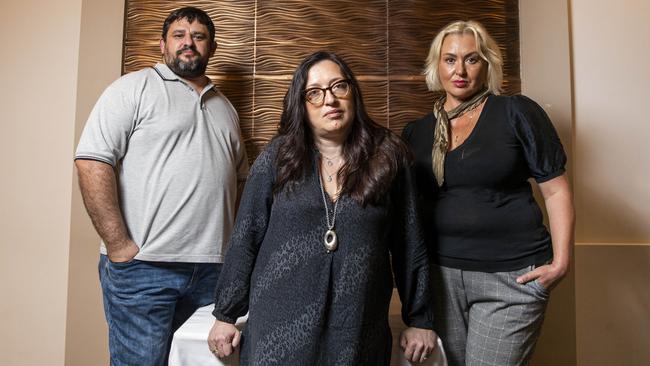
For the moment, Ms Garmash is able to work at her Ukrainian IT job through her laptop, but she doesn’t know how long that can last.
The only hope for most Ukrainians arriving without money or possessions is the charity of grassroots community organisations or, if they’re lucky, support of Australian relatives.
Liudmyla Zavadska, 54, was reunited with her daughter, Anna Roan, 33, in Sydney after fleeing her hometown, Korosten, which borders the pro-Russia country of Belarus. While Ms Roan is grateful for the fast-tracked visa program that allowed her mother to escape, she says the process of evacuating has left lasting trauma in both her and her mother.
“My Mum is a very brave woman, she’s not a weak person at all, but she’s still traumatised,” Anna says.
“Whenever she talks about escaping Ukraine, her eyes become wet and I know my Mum but this war, it changes people.”
Liudmyla Zavadska was forced to leave her home as the threat of death and destruction became more imminent, leaving behind her only son Alexander, 27, in Kyiv and her former husband, Victor Zavadska, 58.
Both have joined the army, with Ms Roan’s brother part of the Kyiv 130 Battalion and her father enlisted among the reservists.
When her son joined the army, it created a “desperate loneliness” for Ms Zavadska, her daughter says. She recalls the turmoil of trying to walk her mother through evacuation over the phone, then going for days without sleep as she “waited like a zombie” while her mother spent two days on a train from her hometown to Poland.
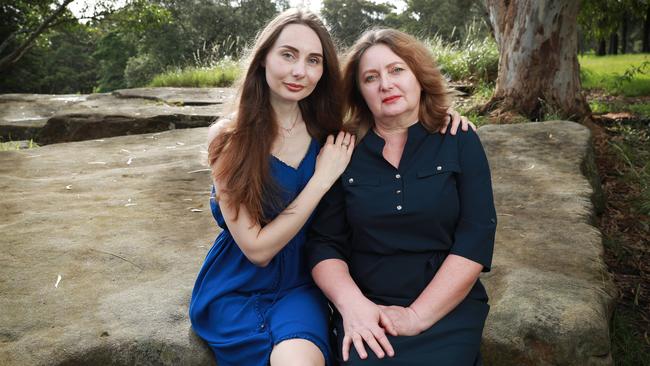
The train was full of women and children, so crowded that many had to sit on suitcases or stand. “When the train doors would open and more women and children would come in and find no seats to sit on … so I had a couple of kids in my lap,” Ms Zavadska says. “But no one was pushing each other and when we needed it, everyone was helping each other.”
With no financial support packages for Ukrainians arriving on visitor visas, the responsibility of finding food, clothing, accommodation and medical care has fallen to community organisations. Inna Mitelman, 46, of Belarusian descent, is working closely with community organisations in Melbourne to financially aid and accommodate recent Ukrainian arrivals.
“We’re fundraising money for tickets and visas, we’ve got Asylum Seeker Resource Centre on board saying that they are happy to feed anyone,” Ms Mitelman says. “But we’re worried that we’re going to burn out, because what if this takes three months, four months, six months?”
“None of us is equipped to deal with this properly. We just kind of got thrown into this. And we’re helping because we have no choice – They’re our people, and we need to help them.”
Ms Mitelman is helping to organise a charity concert at the Rada Restaurant in Melbourne on March 27 to raise money for plane tickets, visa costs and living expenses for displaced Ukrainians here.
A spokesperson for the Department of Home Affairs said Ukrainians arriving in Australia were “aware of and need to comply with the conditions of the visa they hold”. While no official support packages have been announced, Home Affairs said they were being considered. “Humanitarian support options are being considered by government and will be undertaken in conjunction with key partners to provide targeted support.”

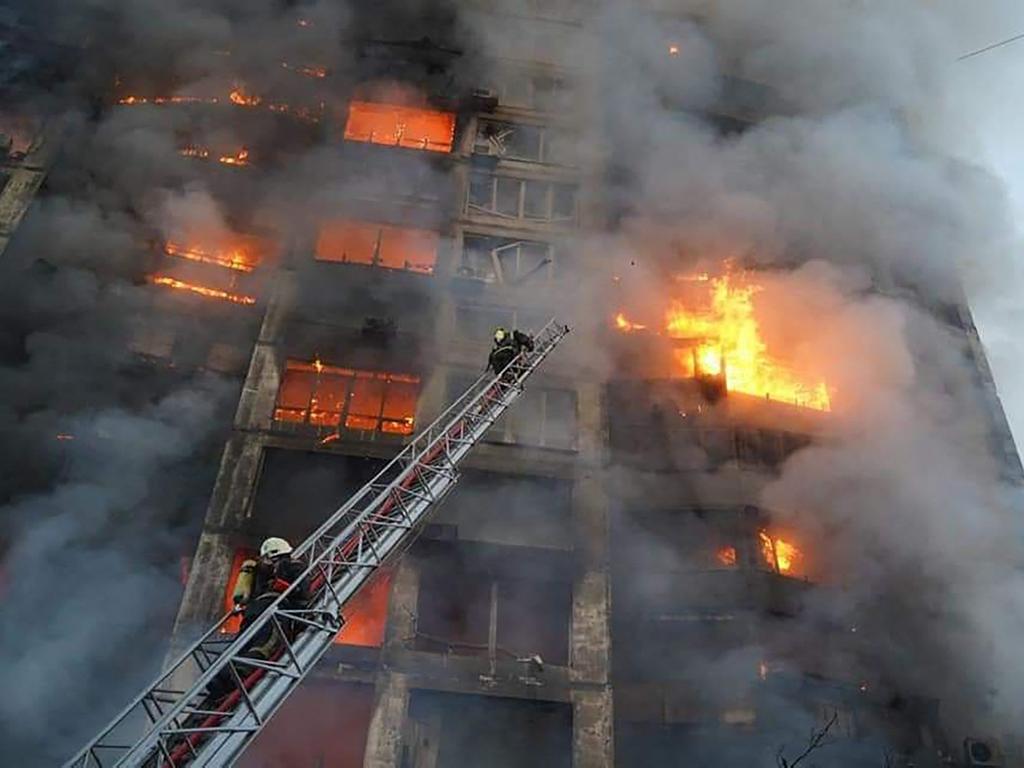
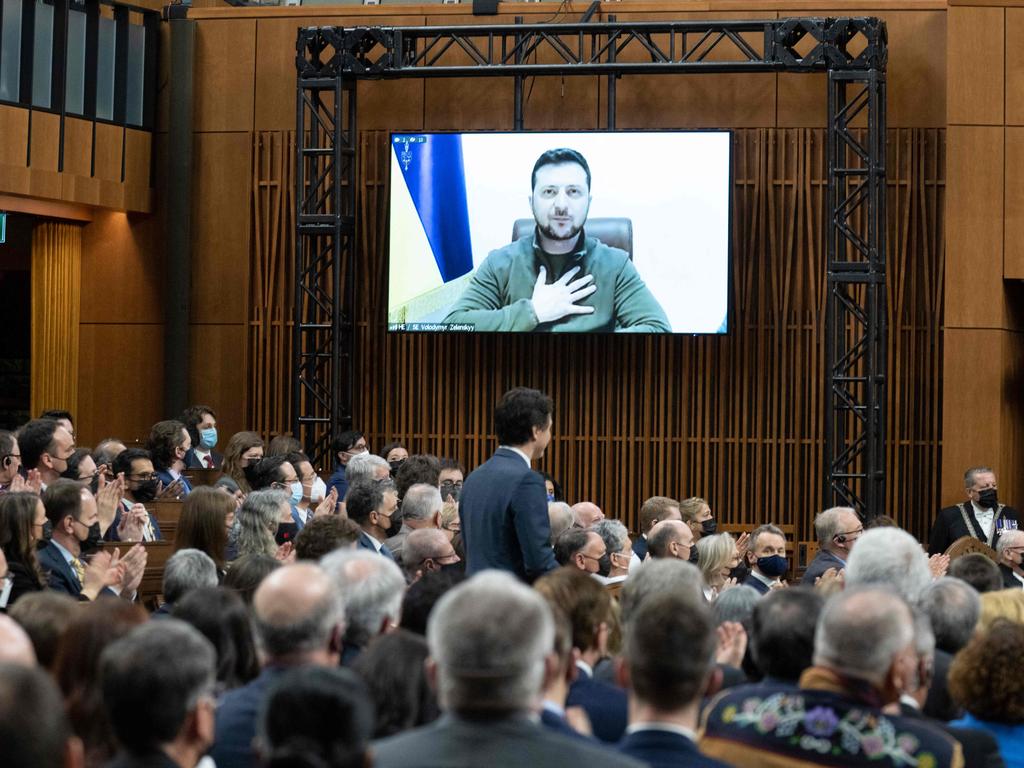
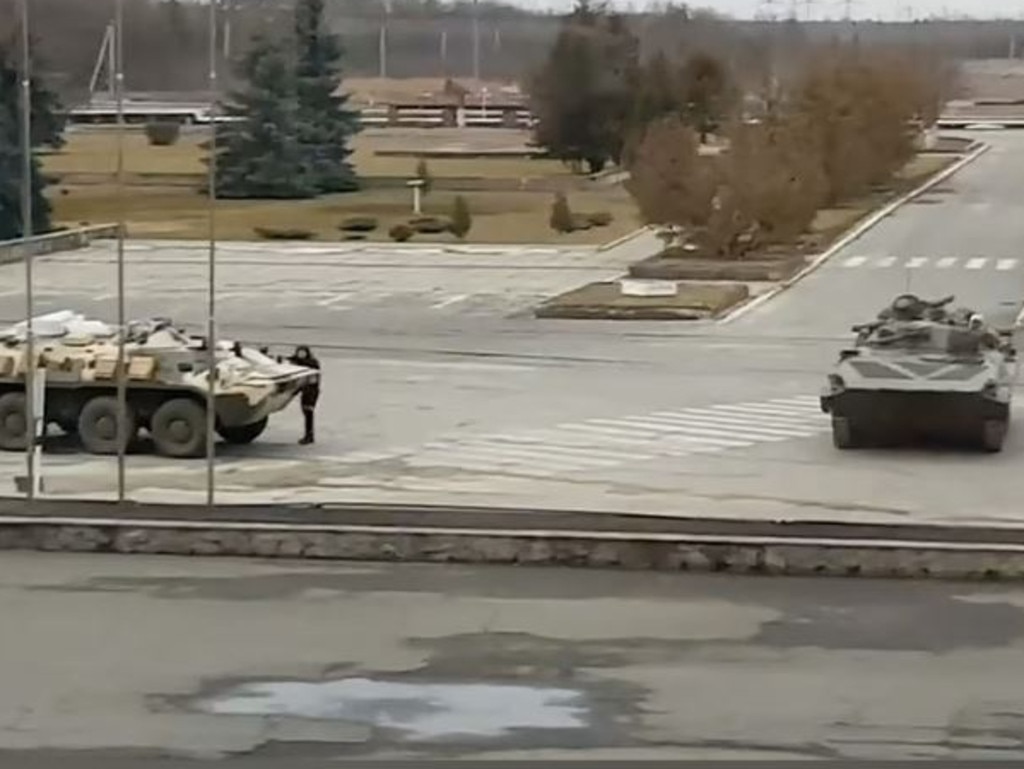


To join the conversation, please log in. Don't have an account? Register
Join the conversation, you are commenting as Logout